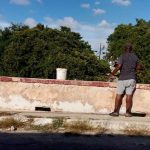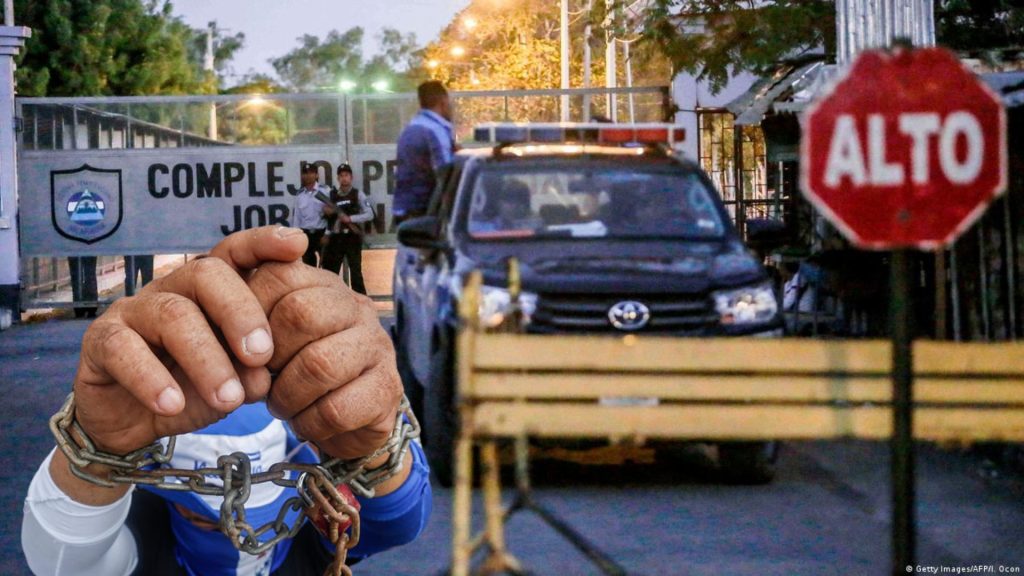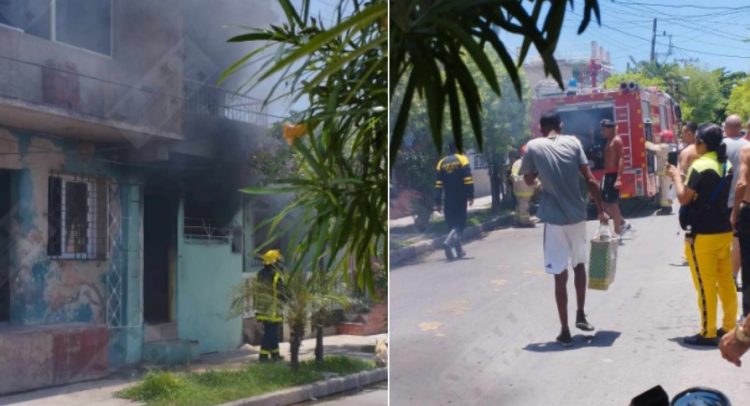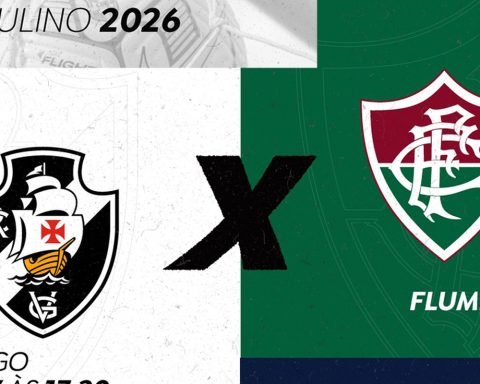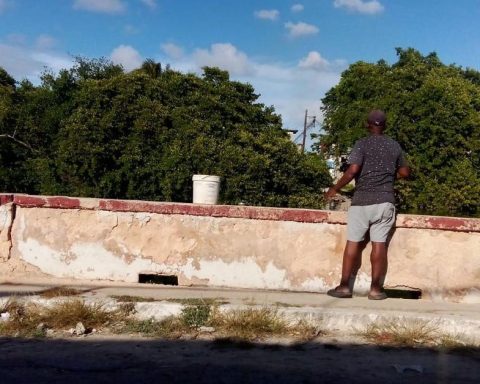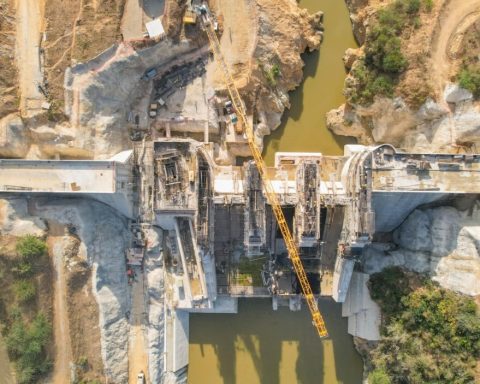Angels Cruz Martinez
The newspaper La Jornada
Tuesday, August 13, 2024, p. 15
After more than 10 years of research, a vaccine against dengue has been created, which has demonstrated an efficacy of more than 80 percent in preventing severe infection and hospitalizations caused by four serotypes. In Brazil, the biological product developed by the Japanese laboratory Takeda has been used since July 2023 and in Argentina since November, company executives said.
In a conference to commemorate the 60th anniversary of the pharmaceutical company in Mexico, medical director Fernanda Bueno indicated that two years ago the process was initiated before the Federal Commission for the Protection against Sanitary Risks (Cofepris) to obtain the sanitary registration and We have collaborated with the authorities in the matters they ask us to do.
.
The dossier is in the hands of the Committee on New Molecules, whose members requested additional technical information before issuing any assessment.
The issue is relevant due to the increase in dengue cases that have been recorded on the continent, and in particular in Mexico, with a record of 30,951 until August 2. The figure is almost four times higher than that reported in the same period in 2023, when 8,291 cases were recorded.
Gabriela Pittis, executive director of Takeda in the Southern Cone, Andean region and Mexico, highlighted that the biological product is added to the rest of the preventive actions against dengue, mainly the cleaning of houses and yards to avoid mosquito breeding grounds. Aedes aegypti, transmitter of infection.
Takeda’s vaccine is the second one created against dengue. The first one is from the Sanofi laboratory, but it has limitations in its application, such as the need for a laboratory test to determine if people have had contact with dengue viruses.
In the case of the Japanese firm, Bueno explained that its vaccine is made from genetically modified, attenuated live viruses, which guarantees its safety, efficacy and quality.
He said it has already been approved in more than 20 countries, including Argentina, Brazil and Colombia in Latin America. In Southeast Asia, where dengue is endemic, health authorities in Thailand, Vietnam and Indonesia have authorized its registration.
Hernán Porcile, director of Takeda in Mexico, added that the phase 3 clinical trial, the last phase of the research, had more than 20 thousand participants and was conducted over 4.5 years. The clinical evidence obtained is robust, which was corroborated by health agencies, including Cofepris, he said.
A few weeks ago, the World Health Organization recommended the use of this vaccine in countries with endemic dengue.
Yesterday, Takeda executives commented that the biological requires two doses, the second 90 days after the first. So far, There has been no need to apply a reinforcement
Pittis said.







